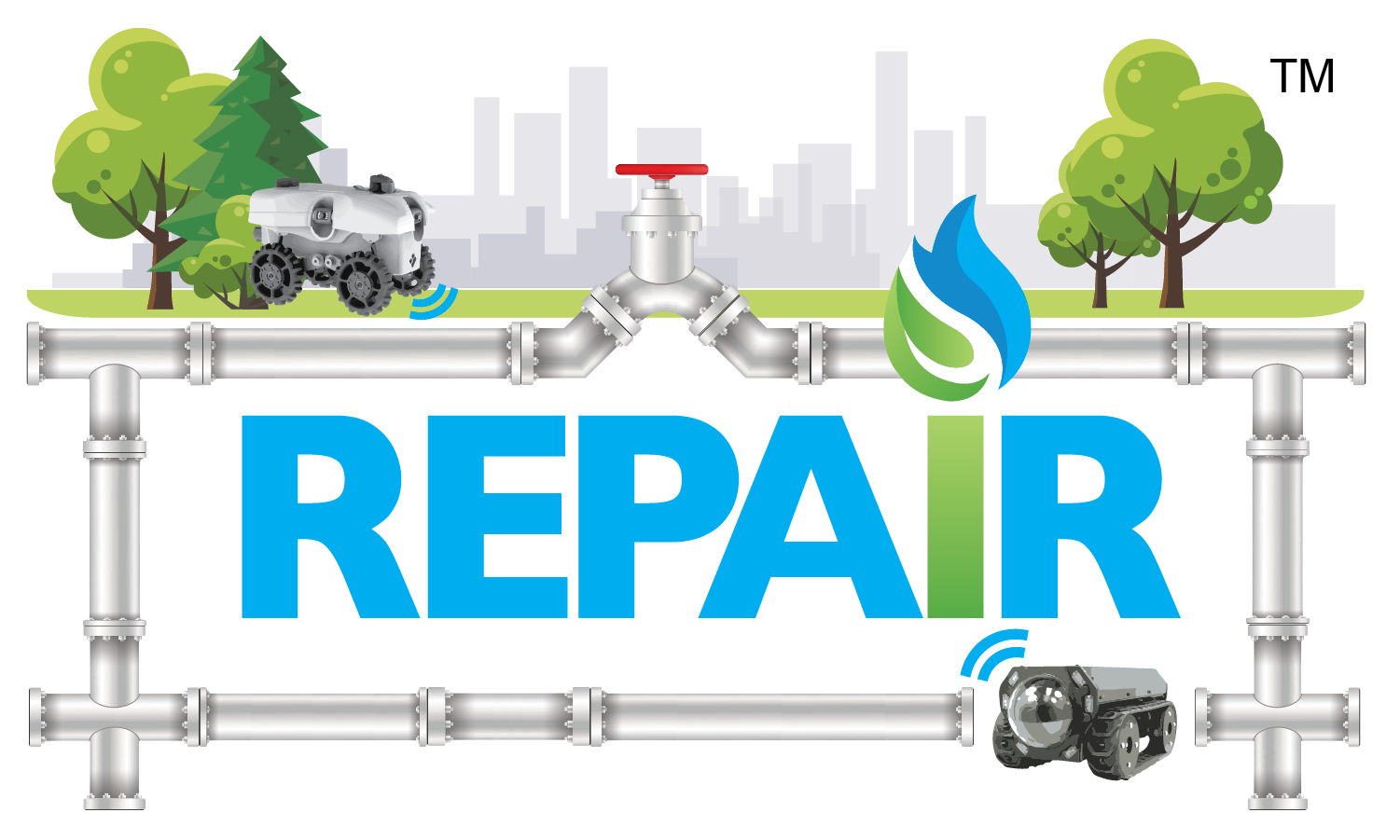
Department of Energy Announces $38.5 Million to Develop Technology to Rehabilitate Natural Gas Distribution Pipelines
WASHINGTON, D.C. — Today, the Department of Energy (DOE) announced up to $38.5 million in funding for a new Advanced Research Projects Agency-Energy (ARPA-E) program, Rapid Encapsulation of Pipelines Avoiding Intensive Replacement (REPAIR). The program will sponsor new technologies to rehabilitate cast iron and bare steel natural gas distribution pipes by creating a new pipe inside the old pipe.
“Natural gas is an important energy resource for millions of households and businesses across the nation,” said U.S. Under Secretary of Energy Mark W. Menezes. “Developing technologies to keep our domestic natural gas pipeline infrastructure safe, secure, and state-of-the-art is crucial to maintain America’s energy leadership and independence.”
Natural gas is an abundant domestic energy resource that provides 31% of current U.S. primary energy. U.S. natural gas prices are among the lowest in the developed world, which provides a competitive advantage in global markets. Domestically, utilities provide natural gas service to over 75 million residential and over 5 million commercial customers through a network of 1.2 million miles of distribution main lines and 900,000 miles of service lines across the nation.
Since gas utilities began operating in the early 1800s, pipelines were originally built with cast iron, and later wrought iron. In the early 1930s, bare steel pipes began to replace outdated cast iron pipelines. Legacy cast iron and bare steel pipes make up 3% of the nearly 2 million miles of utility pipes in use, but account for a disproportionate number of leaks and failures compared to more recently replaced infrastructure.
The REPAIR program will develop smart coatings, robotic tools to line the inside of pipes, inspection tools to verify the integrity of the pipes, and mapping tools to enable 3D renderings of pipes and adjacent underground infrastructure. Successful technologies will meet utilities’ and regulatory agencies’ requirements, have a minimum life of 50 years, and have sufficient material properties to operate throughout its service life without reliance on the exterior pipe. The technologies in this program will work towards a 10 to 20-times reduction in cost per mile, including gas service disruption costs. Current pipe excavation and replacement costs range up to $10 million per mile.
For more information on ARPA-E’s REPAIR program, click here. To apply for funding, visit ARPA-E eXCHANGE here.
###
